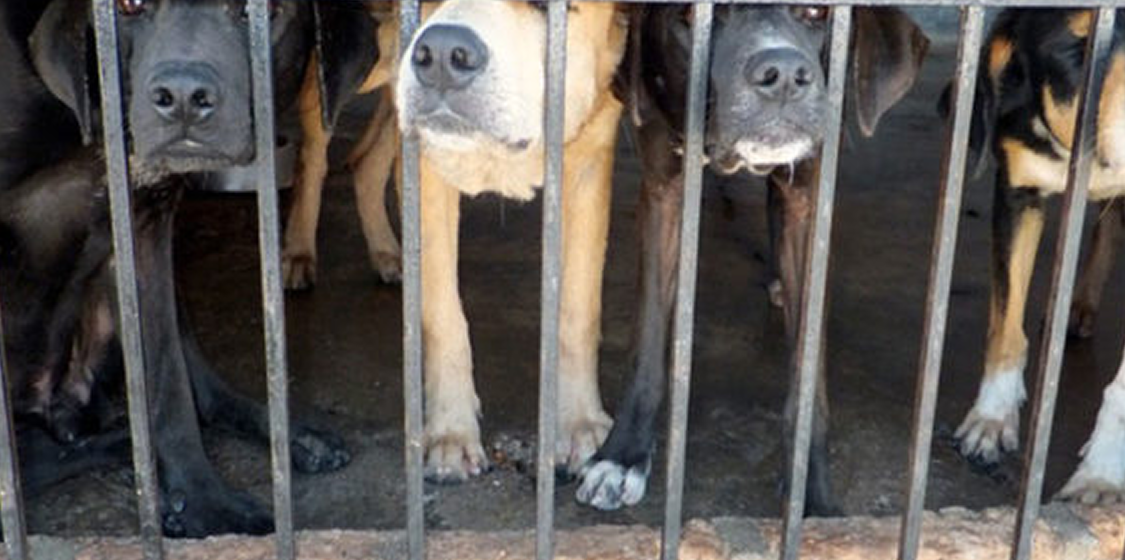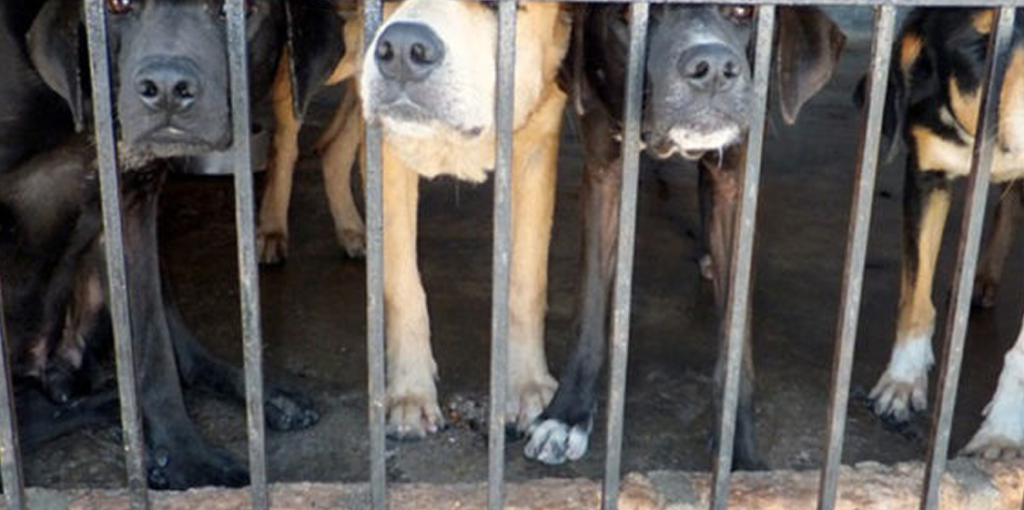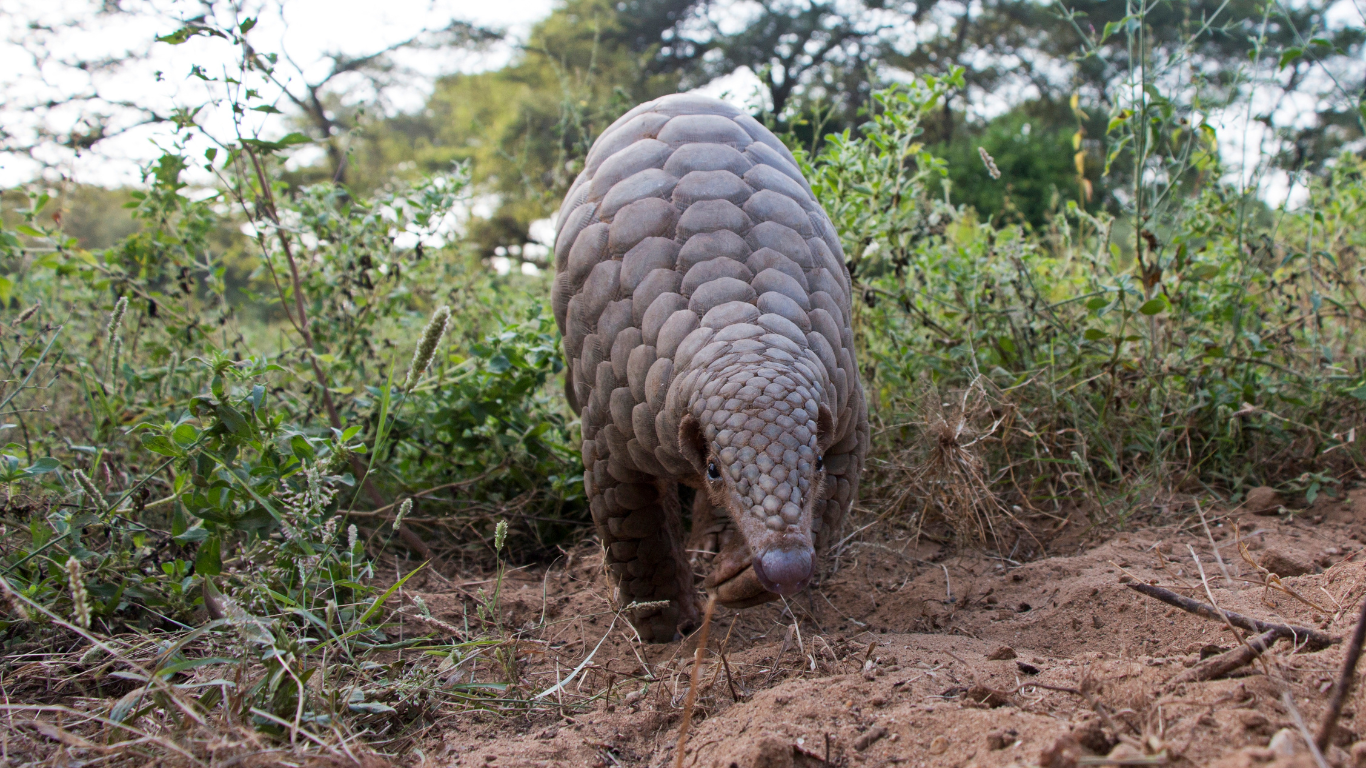A ban on the consumption of dog and cat meat that was implemented by the Republic of China (Taiwan) last year has raised hopes that the brutal dog meat trade might finally be on the wane across Asia.
The Taiwanese Legislature passed a landmark amendment to its animal protection laws that make it a crime to consume dog meat. Individuals who eat or trade dog or cat meat can be fined between $1 640 (1 186.00 Sterling and $8 200 (5 930.00 Sterling). The amendment also bans “walking” a pet on a leash pulled by cars and motorcycles and raises the penalty for animal cruelty.
Violators of the animal protection laws now face up to two years imprisonment and a fine of up to $65 500 (47 000 Sterling). They may also see their names, photos and crimes publicized, according to Taiwan's Central News Agency.
“We certainly are hopeful that Taiwan's progressive new animal protection laws are part of a growing trend across Asia to end the brutal dog meat trade and cruelty to animals," said Animal Survival International (formerly Political Animal Lobby) spokesman, David Barritt.
“ASI and its sister organisation, Network for Animals (NFA), have fought the apASIling dog meat trade in the Philippines for the past 20 years. It causes unimaginable pain and distress to dogs – many of which are loving pets – and it really is time for this utterly inhumane practice to cease.”
Barritt says that the efforts by ASI and NFA to fight the dog-meat trade in the Philippines are mirrored by similar campaigns across Asia. For example, the Dog Meat-Free Indonesia Coalition is working to end the dog meat trade in Indonesia and a host of animal welfare organisations have repeatedly highlighted the terrible cruelty associated with China’s Yulin festival, during which an estimated 10 000 dogs are slaughtered and served as meals.
A new generation of Chinese animal lovers
Barritt is hopeful that the dog meat trade is waning in China. According to CNN, a new generation of Chinese animal lovers increasingly view dogs as companions.
Of China's estimated 130 million dogs, at least 27 million are urban pets, according to research group Euromonitor. And there are signs that dog meat is losing its popularity in some places. For instance, the broadcaster reports that until ten years ago it was common to see dogs being killed for meat in Beijing's suburbs, but this is rarely seen today. And in Guangzhou, a city well-known for its exotic eating habits, a dog meat restaurant that had been in operation for 51 years recently closed.
“Taiwan is leading the way,” said Barritt. “ASI and NFA will continue to work hard to end the dog meat trade in the Philippines and we will lend our support and offer our experience to any organisation that is fighting the trade in other parts of Asia. By working together it is conceivable that in ten or 20 years time, Asian people will no longer have a taste for dogs and there will be an end to the unimaginable cruelty that is associated with the dog meat trade.”





